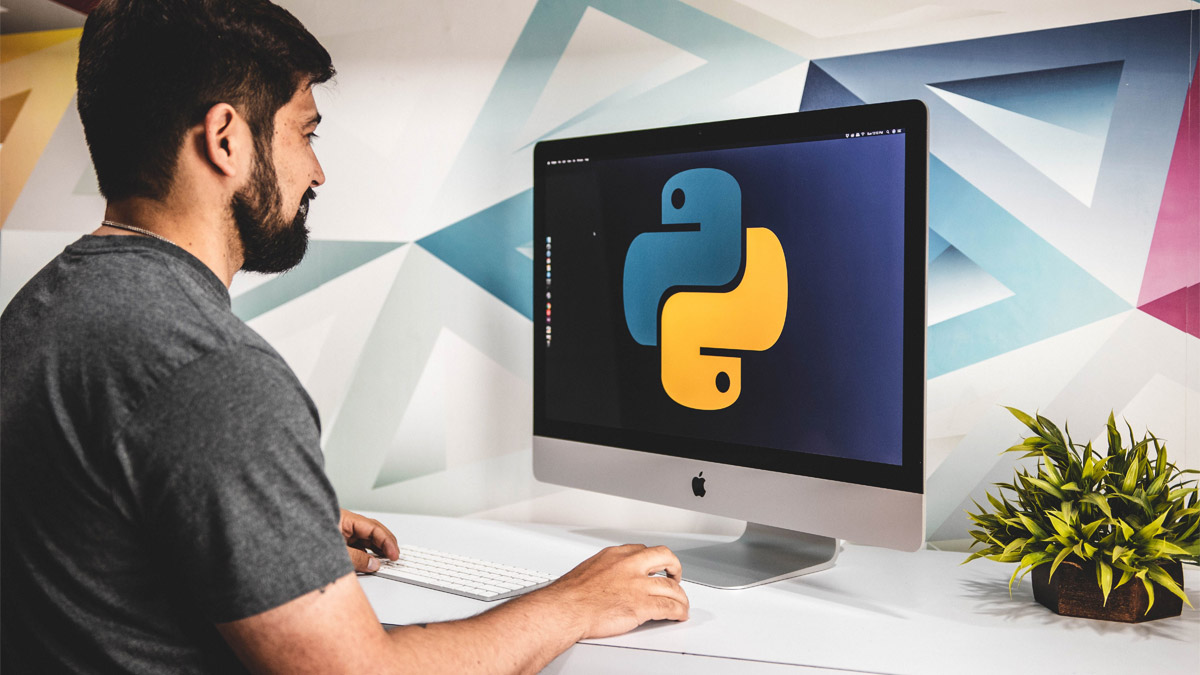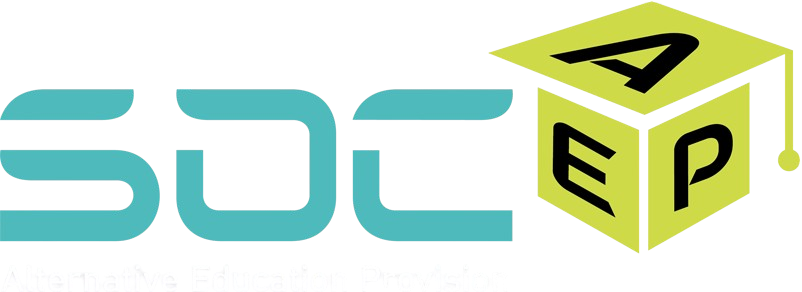Introduction
Consider having a personal assistant who can help you write essays, summarise textbooks, manage deadlines, and even proofread your work, saving you time and stress. Doesn’t that sound amazing? That’s exactly what AI tools for kids will be doing in 2026.
Whether you’re in high school, college, or participating in an alternative education program like AEP by the School of Coding & AI, artificial intelligence is no longer just for IT geeks; it’s your new best study friend.
In this blog, we’ll look at the top ten AI technologies that every student should be familiar with to succeed academically. We’ll review how each tool works, how it can help you study smarter (not harder), and why incorporating AI into your learning routine can be game-changing.
Let’s dive into the future of education, where AI meets student success!
Top 10 AI Tools for Students You Should Start Using Today
1. Grammarly
AI Writing Assistant for Grammar, Spelling, and Tone Improvement.
Why Students Love It: Grammarly does more than just correct errors; it also enhances language clarity, tone, and structure in real time. Whether you’re creating essays, reports, or even emails to instructors, this application makes sure your writing is polished and professional.
Grammarly claims to improve users’ writing 60% faster than standard proofreading methods.
2. ChatGPT
The AI Tutor in Your Pocket.
Best for research, concept development, and summarisation.
Why It’s A Must-Have: OpenAI’s ChatGPT is like having a super-intelligent friend who knows everything—from historical timelines to math issues. Students utilise it for brainstorming, reviewing difficult ideas, and writing support.
Pro Tip: Use specific prompts like, “Explain cell division like I’m 14,” for better results.
3. Notion AI
Organise Your Studies Like a Pro.
Best For: Note-taking, planning, project management.
Why It Rocks:
Notion AI assists students in organising class notes, creating to-do lists, and summarising key subjects. Its seamless connection with calendars, projects, and documents transforms it into a comprehensive digital workstation.
SEO Boost: Students who search for “best AI tool for student organisation” frequently land on Notion AI.
4. QuillBot
Smarter Paraphrasing and Summary.
Best for: Rewriting text, avoiding plagiarism, and summarising.
Why It is Popular:
QuillBot assists students in restating knowledge in a new language while maintaining the intended meaning. This tool enhances essay writing and prevents plagiarism.
Bonus: It also contains a citation generator and grammar checker!
5. Otter.ai
Instantly Convert Lectures to Notes.
Ideal for: Audio transcription into text.
Why It’s Life-Saving:
Missed a lecture? No problem. Otter.ai records and transcribes spoken words into searchable text. It’s a great revision tool and helps students with learning differences stay on track.
Stat: Students using transcription tools are 40% more likely to retain content from spoken lectures.
6. Elicit
Research Assistant for Essays and Projects.
Best For: Academic research and evidence-based writing.
Why Should You Try It?
Elicit allows you to identify academic publications, summarise study findings, and even create literature reviews. This is similar to Google Scholar, but with AI support. 📚 Fun fact: Elicit employs language models to quickly discover relevant papers from thousands of publications.
7. Tome
Create Presentations with AI.
Ideal for: visual storytelling and pitch presentations.
Why It Is Impressive:
Need to build a class presentation quickly? Tome uses artificial intelligence to create visually appealing, interactive slides based on your topic. It allows students to focus more on content and less on formatting.
Engagement Tip: Use storytelling slides to make your work more memorable.
8. Google's Socratic
Snap a Question, Get an Answer is great for answering maths and science topics.
Why All Students Should Download It:
Socratic employs artificial intelligence to scan your questions (even handwritten ones!) and provide immediate, unambiguous explanations. It is great for on-the-go homework or exam preparation.
Mobile First: Especially excellent for GCSE and A-level students studying difficult subjects.
9. Canva Magic Design
AI-Powered Visual Creator.
Best for: Graphics, posters, and school projects.
Why is it a crowd favourite?
Canva’s AI enables you to create beautiful posters, infographics, and visual CVs in minutes. It’s an ideal balance of creativity and productivity for both academic and recreational activities.
Power Tip: Use Canva’s templates to make your presentation memorable in class!
10. Scholarcy
Summarise Books & Articles.
Best for speed reading and summarising big material.
Why Does It Save Time?
Scholarcy condenses complicated academic knowledge into simple summaries. Ideal for exam preparation or when you’ve left reading until the last minute.
Efficiency Tip: Upload a PDF and receive key points, glossaries, and flashcards immediately.
Why Students Must Embrace AI in 2026?
AI does not replace learning; rather, it enhances it. Students may focus more on comprehension rather than repeating activities thanks to time-saving features, tailored feedback, and clever automation.
According to HoloniQ, by 2026, AI in education will be a $10 billion business, demonstrating how important these tools are becoming in academic life.
Using AI responsibly involves preparing for a future in which digital literacy is not optional, but necessary.
Final Thoughts: AI + Students = Academic Success
If you are a student now, you are living in the most exciting period of school. These AI tools for students are designed to help you succeed, from managing your day with Notion AI to producing a great assignment with Grammarly and brainstorming ideas with ChatGPT.
Whether you’re pursuing an alternative education path like the School of Coding & AI’s AEP or getting ready for university, the correct tools can make all the difference.
So don’t be left behind. Try these tools and start studying smarter—the future of learning is already here, and it’s powered by artificial intelligence.
Frequently Asked Questions
Most AI tools, such as Grammarly, Notion, and Scholarcy, are acceptable. However, always consult your school’s academic honesty policy, especially when using technologies such as ChatGPT or QuillBot.
Absolutely! Otter.ai, Socratic, and Grammarly are excellent tools for students with ADHD, dyslexia, or who benefit from multimodal learning.
Not if you use them as learning aids rather than shortcuts. Think of them as supportive resources—just like calculators, dictionaries, or online courses.







